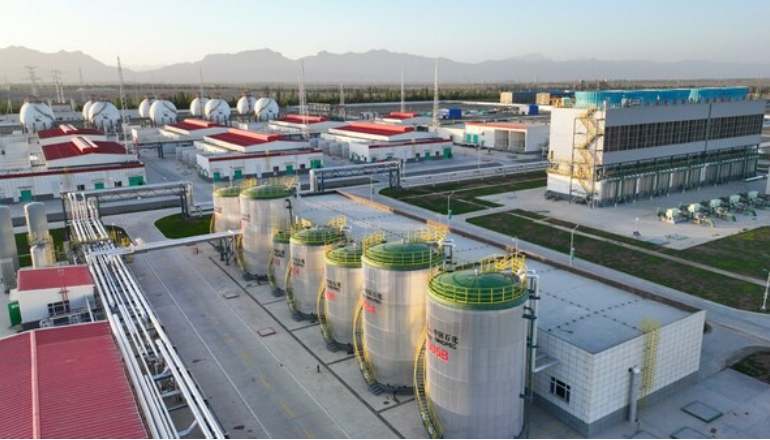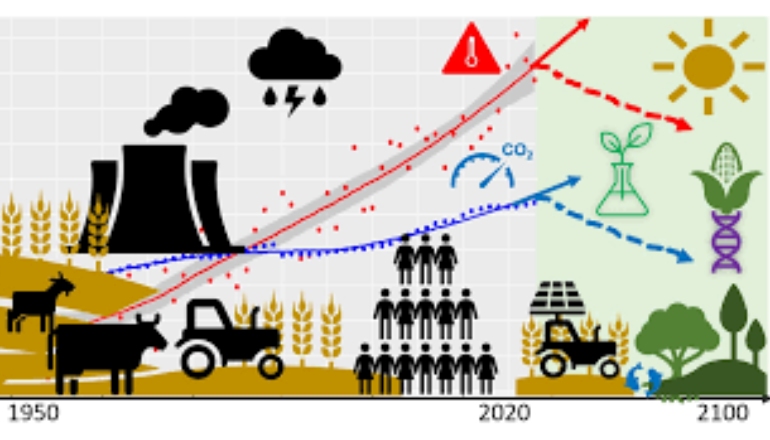In line with the UN Sustainable Development Goals (SDGs), Philips raised its circular revenue to 24 percent of total sales in 2024, reflecting a growing emphasis on promoting sustainable consumption habits and minimizing electronic waste.
Circular economy initiatives:
Philips has committed to recycling and reusing large medical systems equipment and is a pioneer in programs such as the Platform for Accelerating the Circular Economy (PACE).
The company achieved 100% EcoDesigned new product introductions for the first time, focusing on sustainable innovation, and aims to halve its diagnostic operations carbon footprint by 2028.
The Philips Circular Edition portfolio offers a sustainable solution with reconditioned and quality-tested technology at reduced prices.
The ESG focus:
With a strong emphasis on environmental, social, and governance (ESG) objectives, Philips has achieved notable progress in cutting emissions across its manufacturing operations.
It is also dedicated to establishing an ethical supply chain and striking a balance between ethical business practices and profitability.
Philips reduced CO2 emissions and improved supplier sustainability, with 48% of purchases in 2024 coming from science-based climate targets. Collaboration with suppliers improved continuous improvement skills, positively affecting quality and cost management.
Philips collaborates with customers worldwide to improve health outcomes and address challenges like cost, staff shortages, and health disparities.
Sustainable finance framework:
Philips has released its sustainable finance framework to strengthen the link between funding and its ESG strategy.
The framework allows the company to issue sustainable financing instruments, such as bonds, private placements, and commercial papers, that finance eligible green and social projects or are linked to achieving sustainability performance targets.
The framework is developed in accordance with the ICMA Green Bond Principles 2021, ICMA Social Bond Principles 2023, ICMA Sustainability Bond Guidelines 2021, and LMA Green Loan Principles 2023.
Sustainability performance targets:
Philips has chosen Scope-1 -2 and -3 GHG emissions reduction as key performance indicators (KPIs) for its sustainability performance targets (SPTs).
These KPIs are based on the company’s ESG materiality matrix and are linked to its net operational carbon footprint, which accounts for over 95% of its revenue. In 2022, Philips received approval from the SBTi for its carbon-reduction goals, becoming the first health technology company to achieve its entire value-chain CO2 emissions reduction targets.
The company also selected circular revenues, lives improved, and female leadership as KPIs. The company aims to reduce absolute Scope-1 and Scope-2 GHG emissions by 75% and 90% by 2040, respectively, in line with a 1.5°C scenario.
Renewable energy share:
Philips aims to increase renewable energy share in city/district heating and cooling by sourcing 100% renewable electricity since 2020.
The company has multiple power purchase agreements (PPAs) in place to secure long-term delivery and quality of renewable electricity.
In December 2020, it announced its next PPA, operational in 2023, in a consortium with Heineken, Nouryon, and Signify, to power most remaining European sites with renewable electricity.
It also expanded its portfolio of energy-efficient, compact, and lightweight solutions in 2024, focusing on circular practices to reduce material use and waste in healthcare.
They introduced helium-free operations in MRI, PowerSave+, and BlueSeal magnet technology, saving over 2.75 million liters of helium since 2018. Philips also expanded the Philips Refurb Edition and local takeback systems in the Personal Health segment.
Case studies:
A 2024 analysis revealed a 24% emissions reduction in radiology and nuclear medicine departments in a collaboration with the Champalimaud Foundation.
County Durham and Darlington NHS Foundation Trust, with Philips support, identified sustainability improvements in ICU care, including patient discharge, waste reduction, staff training, and building refurbishment.
A cradle-to-grave analysis by Vanderbilt University Medical Center and the Department of Radiology revealed that imaging equipment energy consumption accounts for over 50% of greenhouse gas emissions. The analysis highlighted potential areas for future evidence-based decarbonization strategies.
Thought leadership:
“We are proud of the progress we made in 2024, executing our focused strategy to improve people’s health and well-being, creating sustainable long-term business value for all our stakeholders,” said Marnix van Ginneken, Member, Board of Management, Royal Philips. “Our sustainability-led partnerships with customers and suppliers highlight the potential for significant cost savings, improvements in energy efficiency, and expanding access to care in and outside the hospital, while the company continues to explore ways to provide consumers with greater choices to live sustainably.”












